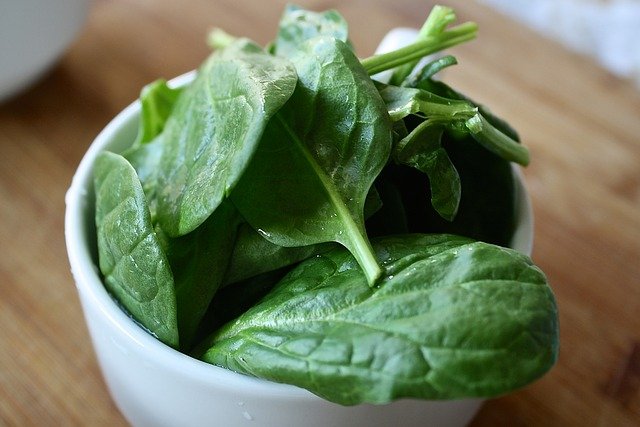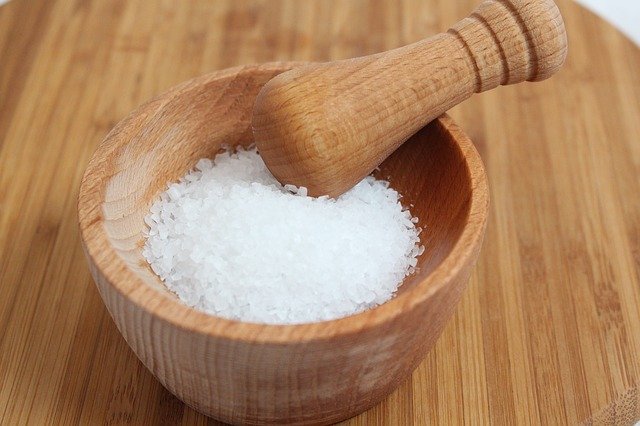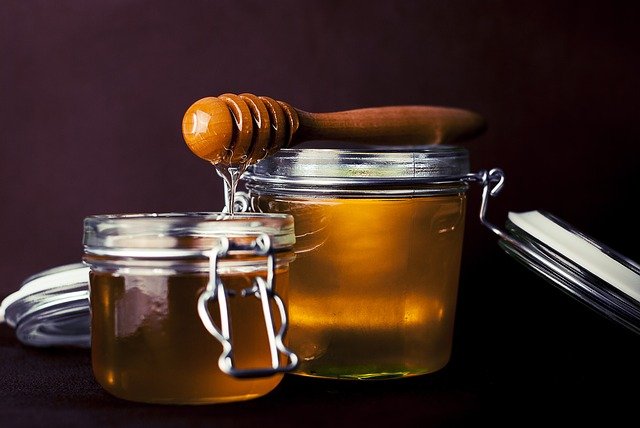What foods you should not give to your 9-month-old baby?:
There are some foods you should not give your 9-month-old baby because it does not have an enough improved digestive system at that age.
At the same time, you need to make sure that the food you actually give your baby throughout the first few months is nutritious enough. Breastfeeding is scientifically proven to be the best because it provides the baby with all the nutrients it needs.
When it is time to give the child solid food, the food must contain proper vitamins so that it can develop properly. It differs from case to case exactly when a baby starts eating solid food, but many do so around 9 months of age.
We will list here some foods you should avoid:
11 foods you should not give to your 9-month-old baby
Some foods can be difficult for the baby’s stomach to digest and that can therefore cause allergic reactions and other problems.
Some foods do not contain enough enzymes, which makes it difficult for the baby’s body to absorb the necessary nutrients. It can then lead to health problems or weight loss, which becomes a big problem because children at this age have to gain weight.
A 9-month-old baby should not drink cow’s milk/soy milk
At the age of nine months, the enzymes in the baby’s intestines have not yet developed enough. The baby will therefore have problems digesting the proteins found in cow’s milk or soy milk.
The milk also contains minerals that can be harmful to the baby’s kidneys.
Read Also: Massage for babies: which type is best?
Spinach and chard

Spinach and chard are only harmful if you give them to the baby too often. Green leafy vegetables contain nitrates, which are then converted into nitrites in the baby’s body. In excessive amounts, the nitrites can cause problems with the oxygen supply to the cells, which causes the baby’s skin to adopt a bluish tone.
Salt

Too much salt overloads the baby’s kidneys. We do not recommend adding bouillon cubes and the like to soups as they contain too much sodium. Avoid salt as much as possible.
Refined sugar
Juices and similar products contain a lot of sugar, which can affect blood glucose levels. If you want sweetened baby food, use mashed banana, or breast milk. The child should get natural sugar from, for example, fruit.
Honey

Honey usually contains spores that can multiply rapidly in the body of a 9-month-old baby, which can lead to a risk of botulism that can be life-threatening.
Do not give soft drinks to a 9-month-old baby
Soft drinks contain lots of sugar, caffeine, and other additives that can be harmful to the baby’s stomach and give them trouble sleeping, as well as make them hyperactive.
Rice milk
We also do not recommend that you give rice milk to children under 1 year of age, as it contains a lot of arsenic and other metals. Also, keep that in mind when it comes to older children and yourself.
Pastry
You should also not give your 9-month-old babycakes, pastries, and chips. They contain very little nutrition and a lot of chemicals, sugar, and salt.
Egg

Eggs can cause several different allergic reactions in toddlers.
It is best to wait with eggs until the child is one year old, and once you start giving your child eggs, start with the yolk and then wait a few months before you even let the child eat egg whites.
Messy food
Some sticky and chewy products such as chewing gum, baked beans, and marshmallows can get stuck in the baby’s throat. They also contain chemicals and sugar that can be harmful to the baby.
Low-fat foods
Babies at this age need to eat foods that contribute calories in the form of fat. Many of these also contain fat-soluble vitamins such as vitamin D.
Make sure your 9-month-old baby does not put food in his throat
Pay attention to how big bites the baby takes. If it takes too large bites, pieces can get stuck in the throat, which in turn can suffocate the baby. The food should preferably be mashed or pureed.
Specialists recommend that you wait until the child is one year old before starting with foods that carry a certain risk of causing allergies. Once you start, we recommend that you do it a little at a time to be able to see if it leads to any kind of allergic reaction.
